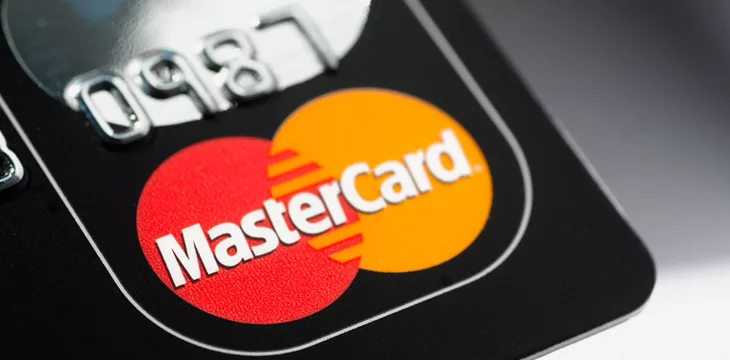|
Getting your Trinity Audio player ready...
|
Payment processing giant Mastercard (NASDAQ: MA) has announced the release of an artificial intelligence (AI) tool designed to stifle the activities of fraudsters.
Called the Consumer Fraud Risk tool, Mastercard disclosed via a blog post that the offering would rely on AI-powered insights to prevent financial scams in real-time. Mastercard notes that the new offering will halt fraudsters on their tracks “before any money leaves a victim’s account.”
Mastercard’s AI tool relies on the in-depth tracing of accounts with a history of fraudulent activities to predict the occurrence of scams. The payments giant notes that combining its AI capabilities and “unique network view of account-to-account payments” will be a game-changer in cracking down on scams.
“Based on insights from this tracing activity and overlaying them with specific analysis factors such as account names, payment values, payer and payee history, and the payee’s links to accounts associated with scams—Mastercard’s AI solution provides banks with the intelligence necessary to intervene in real time and stop a payment before funds are lost,” the post read.
Mastercard’s new AI tool is a direct response to the rising rates of authorized push payment (APP) fraud involving the impersonation of legitimate businesses. APP fraud accounts for over 40% of U.K. bank fraud and could cost the country up to $4.6 billion in losses by 2026.
U.K.-based TSB became the first bank to integrate the Consumer Fraud Risk tool with the financial institution racking up impressive metrics in under four months. Based on TSB results, Mastercard notes that if the AI tool is deployed across the U.K. banking sector, consumers will save £100 million ($128 million).
Mastercard expects Lloyd Bank, Bank of Scotland, NatWest, Monzo, and Halifax to integrate the offering before the end of the year. Although opting for the U.K. to test the AI tool, Mastercard says it is “accessing the next most appropriate markets to adopt the technology.”
Mastercard has been at the forefront of integrating innovative technologies, famously offering a string of digital currency services and dabbling in the metaverse.
Peas in a pod
AI has found many applications in finance since bursting on the scene, with several Big Tech firms rolling out services leveraging the technology.
In June, Google (NASDAQ: GOOGL) launched an anti-money laundering (AML) tool powered by AI to spot irregularities in banking transactions. Google claims that the service can assist commercial banks in spotting financial anomalies four times more than traditional detection methods using machine learning and data.
While enterprises embrace AI, some banks and technology firms have banned employees from using generative AI technologies to prevent data breaches.
In order for artificial intelligence (AI) to work right within the law and thrive in the face of growing challenges, it needs to integrate an enterprise blockchain system that ensures data input quality and ownership—allowing it to keep data safe while also guaranteeing the immutability of data. Check out CoinGeek’s coverage on this emerging tech to learn more why Enterprise blockchain will be the backbone of AI.
CoinGeek Weekly Livestream: The future of AI Generated Art on Aym

 07-03-2025
07-03-2025 





